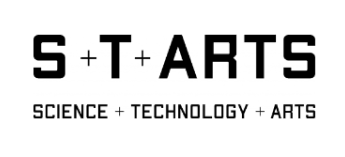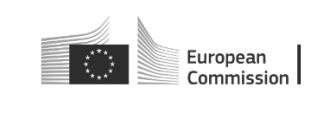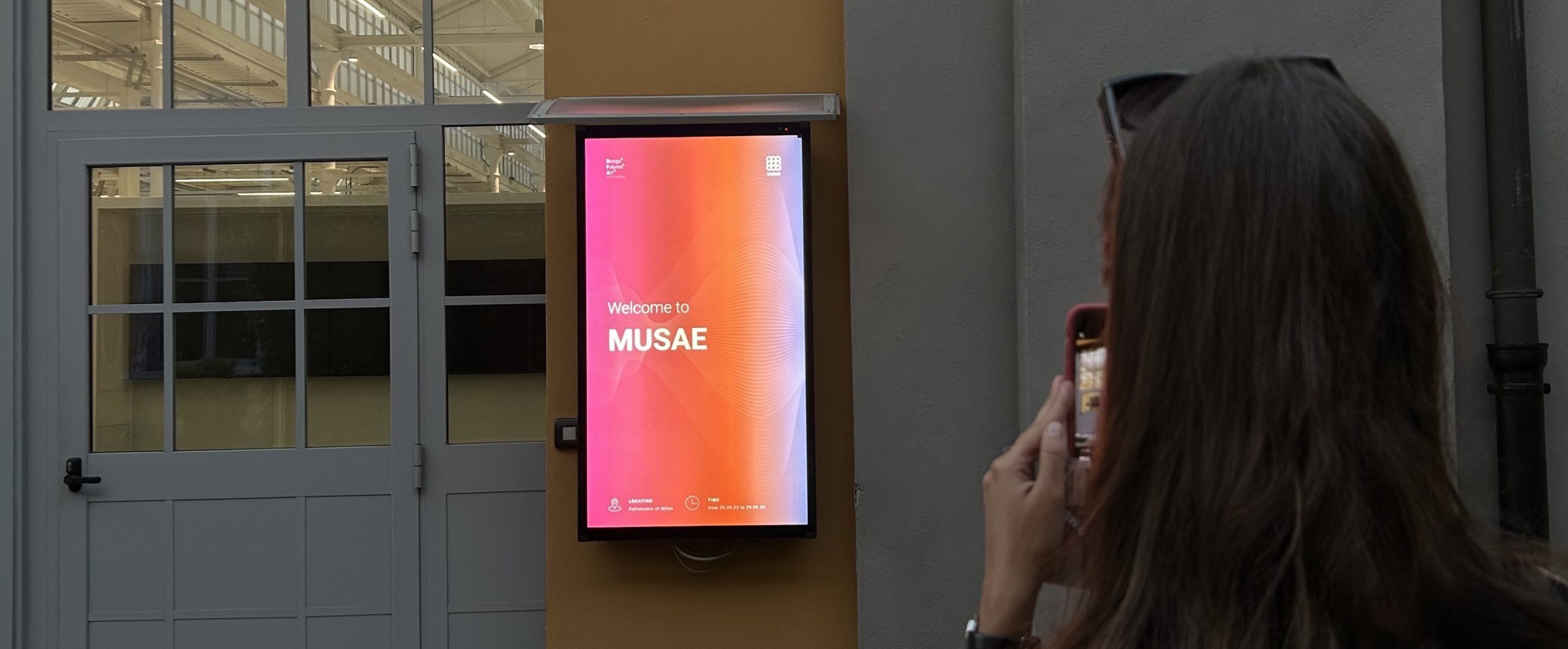
MUSAE 1ST OPEN CALL
The MUSAE project launched the first open call in Europe and Serbia. The first open call addressed three thematic tracks, which are recognized as emerging trends in the area of Food as Medicine. Applicants were invited to respond to one of the three tracks, including one of the technologies (AI, Robotics, Wearables).
Selected Artists
For MUSAE’s first open call, we received over 70 applications across 17 EU countries. The most popular thematic track chosen was ‘role of food in holistic wellbeing’ (43% of proposals) and AI the most popular technology (46%). The project partners together with external evaluators had the challenging task of choosing 12 outstanding projects which envision future potential to improve human and planetary well-being. During the First Residency in the MUSAE project, they will explore future challenges and opportunities around the topic of Food as Medicine, using the DFA method to develop possible future scenarios.
Selected Artists – EUROPE
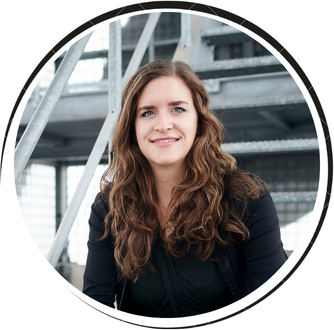
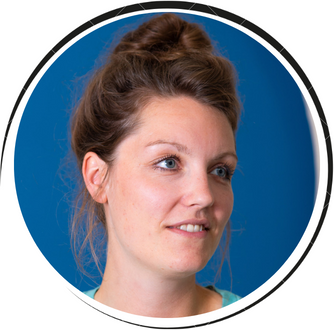



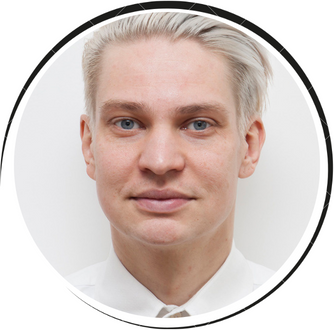
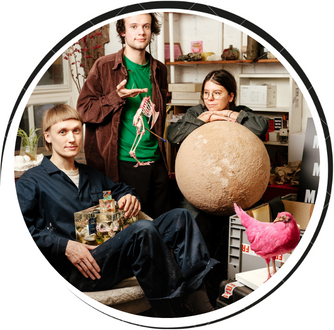
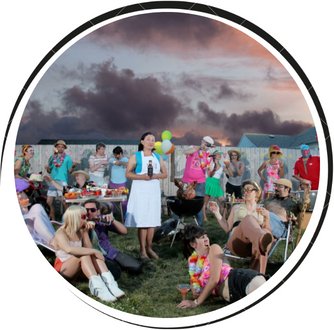
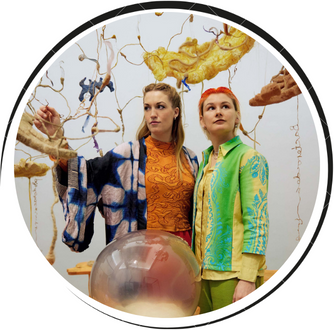

Selected Artists – SERBIA

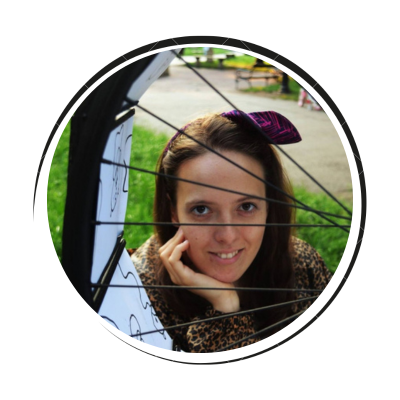
MUSAE First Open Call Thematic Tracks
The proposal of applicants should address one of the three thematic tracks, which are recognized as emerging trends in the area of Food as Medicine:
Reducing Carbon Footprint in Dietary Behavior
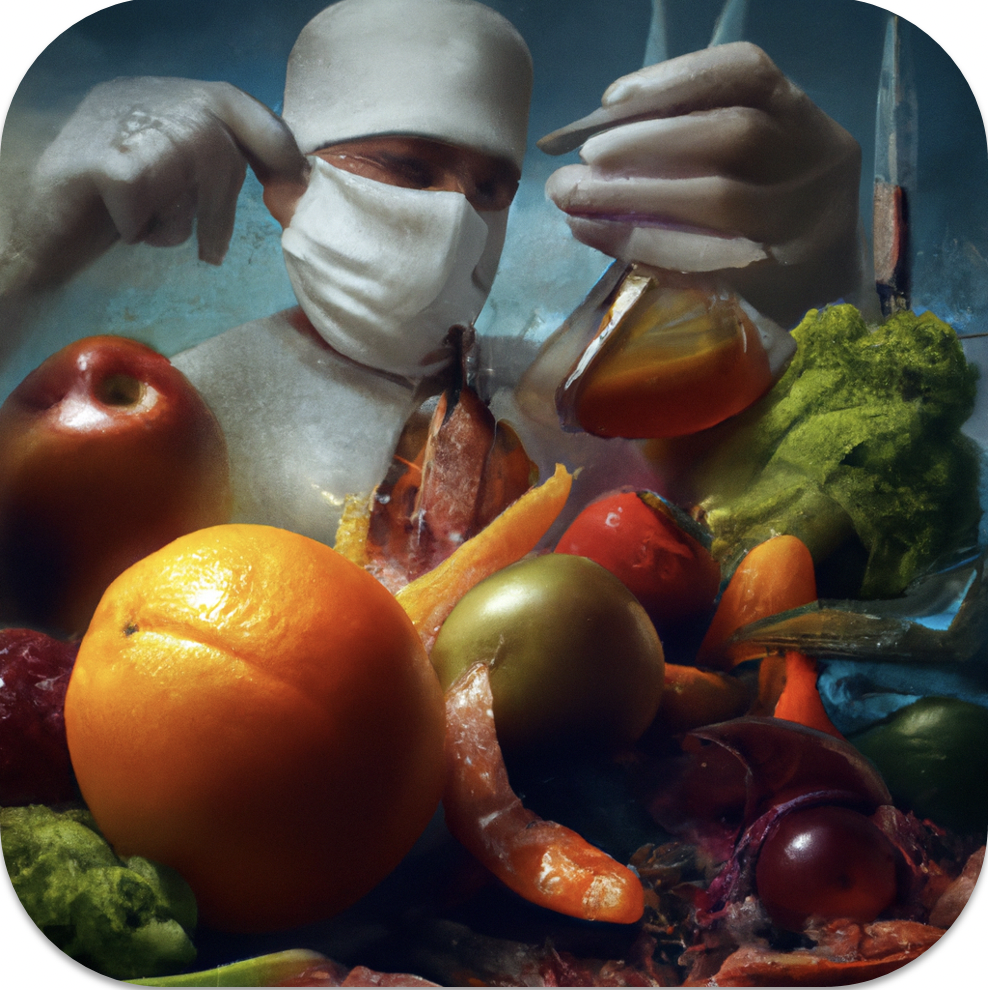
The population of the world is expected to rise to between 9.4 to 10.2 billion by 2050. With this increasing population comes an increasing demand for food. In order to provide enough nutritious food for future generations we must change our dietary habits and switch to more sustainable eating patterns.
–How can we switch to more sustainable diets while meeting our nutrient requirements?
–How can we produce foods with lower carbon footprints?
–Are new meat alternatives healthy?
Role of Food in Holistic Human Well-Being

Holistic health refers to the health of the whole person, encompassing five key dimensions – physical, emotional, social, mental, and spiritual well-being. There is a large and growing body of evidence that supports that the intake of certain nutrients, food groups, and dietary patterns positively influences health and promotes the prevention of non-communicable diseases. The development of strategies that enable individuals to change their dietary behavior and promote a great awareness of the link between diet and health is needed.
–How can we increase whole grains, fruits, and vegetables while decreasing salt intake?
–How can we enable people to make healthy food choices?
–Can we develop personalized approaches to enable people to make healthier choices?
–How can we develop new and innovative approaches to communicate the benefits of food?
Rethinking The Food Chain in Our Environment
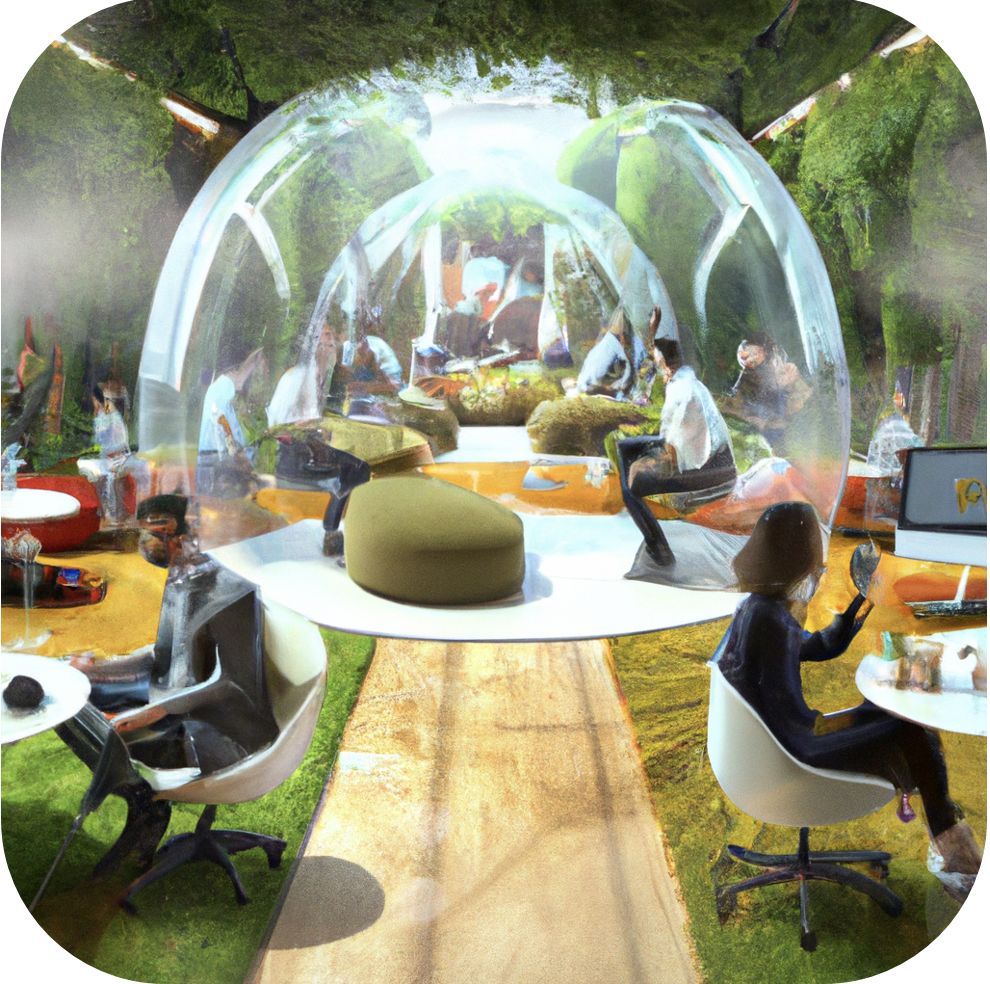
We need to reshape food supply chains to stay resilient during and beyond current environmental, political, and economic crises. Components of the food chain involve production, handling and storage, processing and packaging, distribution, retail, consumers, and waste.
–Can we develop new innovations to reduce food waste?
–Can short supply chains play a role?
–What innovations are needed to support food security for all?
